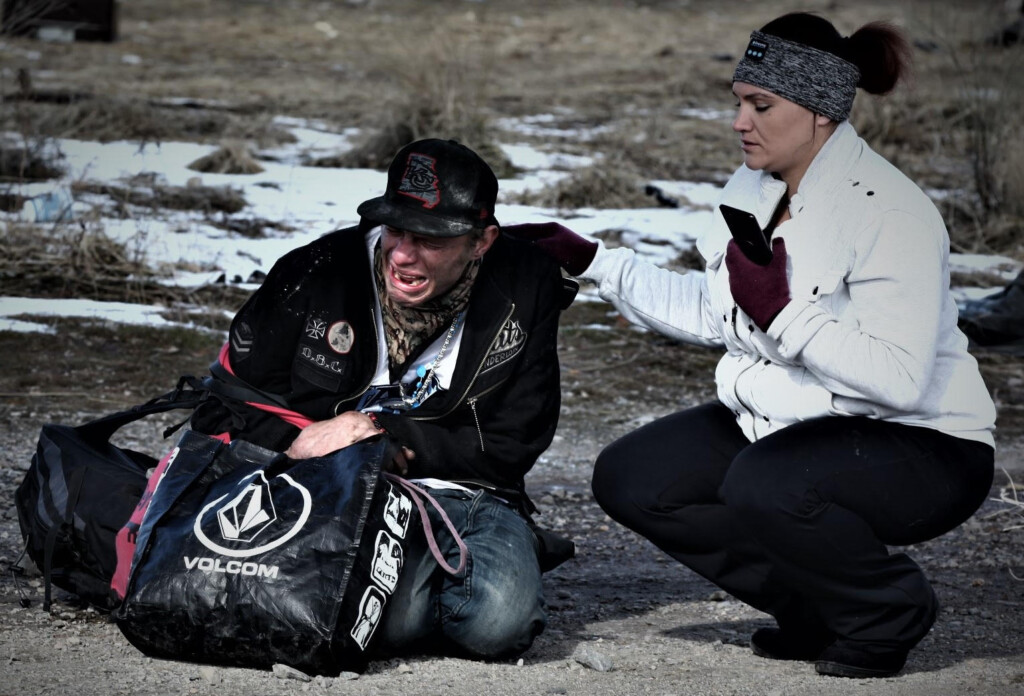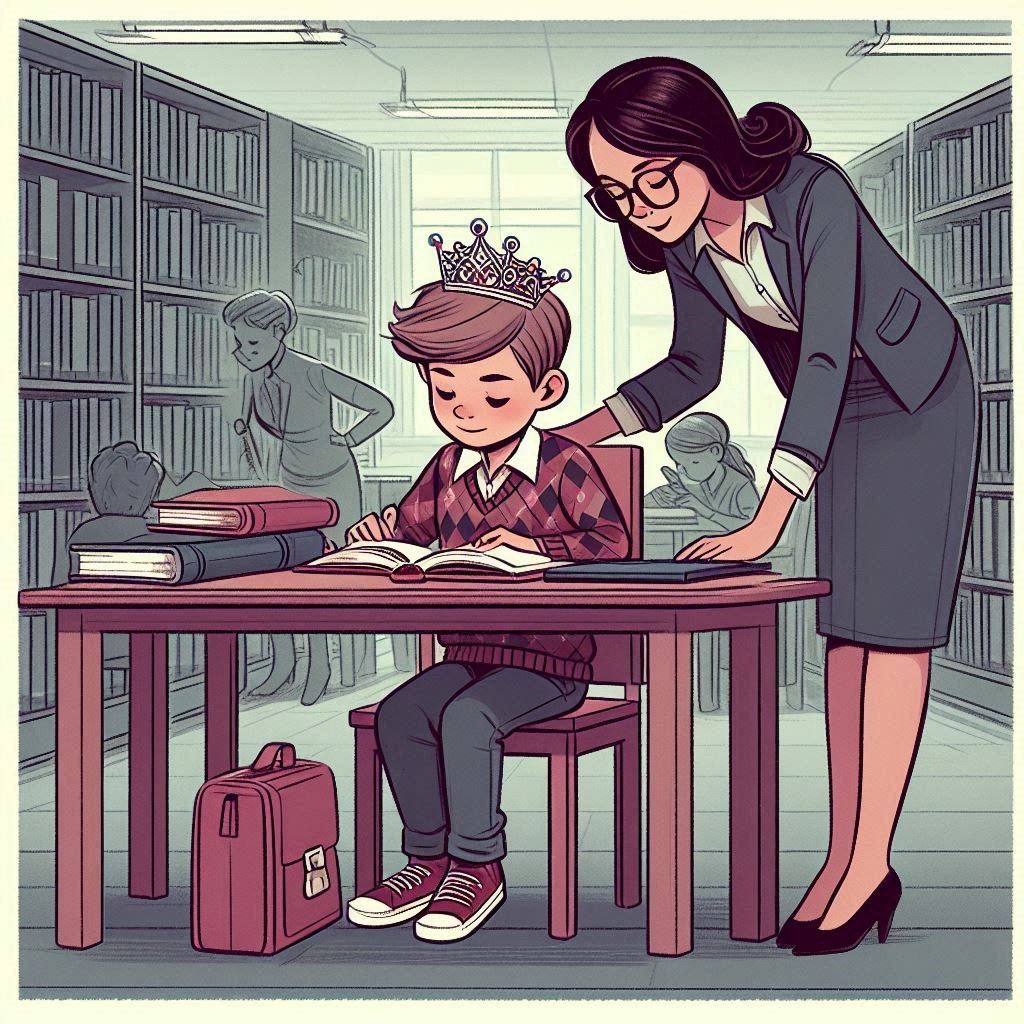Work Hive SLC
Listen to the podcast
Mark Morris started Work Hive in 2012. He says it was an accident. One friend was a landscape architect like himself and another was a traditional architect. All three of them needed a workspace. “We had a little bit more room than we needed. We had a few empty desks. And we had six desks, and those filled up pretty quickly. It was an accident that we backed up into the coworking world. It started at the CRANE building on 200 South and 200 West.
Morris now has four employees and Workhive has moved just west of Squatters in downtown Salt Lake City.
“One of the best things about coworking spaces is that you can have a lot of social advantages if you want it. You can bounce ideas off people. But at the same time, you don’t have to interact with everyone. You can mind your own business and do your own thing.” said Tim Sullivan who owns Township + Range, a transportation planning company inside of Work Hive.
Networking is a huge benefit of coworking. But Tim Sullivan says that networking is a key piece of it. There are a lot of people in complementary industries.
“If I need a transportation designer; I need someone to do my books; I need someone to design my website — you just look across the office and you can find someone.” Said Sullivan.

Is the coworking space model oversaturated?
Tim Sullivan says that he likes Work Hive because “it’s small and local. It has a feel of being familiar and local. That model appeals to me more than a model of a place that is expanding across the country.”
Sullivan says there are many different categories to coworking space. He doesn’t have a designated spot. He has use of the kitchen, and if you pay more you have a designated space and/or a dedicated office. Work Hive is currently in a new space right next to Squatters at 300 South. Day passes start at $25. For $150 any member can use space up to three days per week. Reserved workspaces start at $275.
Sullivan says that one of the benefits is you can grow your business within the space. He has recently hired an intern and now she has a spot at Work Hive.
Mark Morris the founder says that what differentiates their space is that there is a place to really focus and get work done. Normally they do a couple of events per month. “I wanted a space where I could be productive and work.” And when you are here you are at work. When you work from home you are home all of the time.”
RELATED STORIES:
Entrepreneurial Spaces
Monarch Reigns Over Ogden Art Scene
Affordable Housing Crisis: Utah Urbanites find solution in Cohousing Projects such as Wasatch Commons Cohousing
Photo Collective – Providing a Hub for Photographers
Make Salt Lake – Makerspace
FOR MORE UTAH STORIES PODCASTS GO HERE.

![]()
![]()





